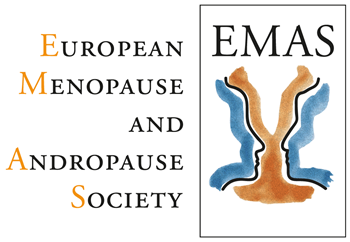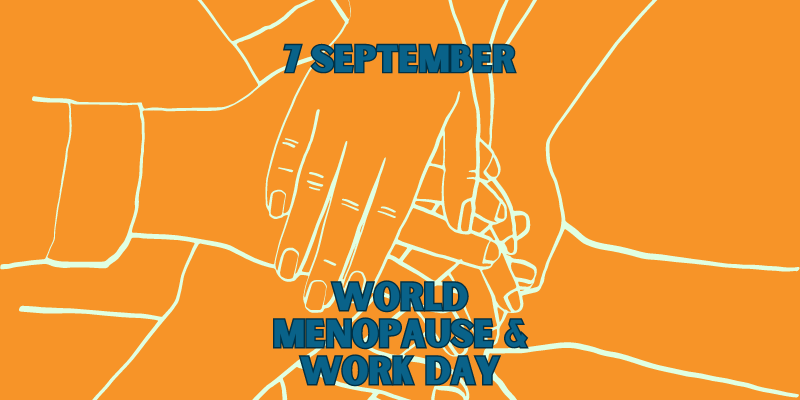In 2020, 657 million women were between the ages of 45-59 worldwide – and 47% of them contributed to the workforce. Nevertheless, menopausal health has not ranked high on the corporate policy agenda. While menopause may cause no significant problems for some women, for others, it is known to present considerable difficulties in both their personal and professional lives. The European Menopause and Andropause Society (EMAS) appeals to organisations to consider menopause a crucial gender- and age-equality issue. The society provides guidance to employers and human resource managers to create a supportive work environment that strengthens corporate reputation, recruitment and retention of talent while helping to reduce the stigma associated with menopause.
There are 3.89 billion women in the world, and menopause is a natural process that will happen to them. There are various experiences of menopause in the workplace that can affect the quality of life, engagement, performance, motivation, and relationships with employers. While the average age of menopause is 51, it can occur much earlier, either naturally, with no identifiable underlying cause, or as a result of illness, surgery, radiotherapy or chemotherapy. Women with premature menopause, i.e., before the age of 40, may also face stigma surrounding fertility issues. Those living with and beyond cancer, with a pre-existing disability or chronic disease, will be dealing with ongoing management of the disease individualised to their malignancy, impacting their work experience. Transgender men and women may also experience natural or surgical menopause, which can exacerbate experiences of exclusion or discrimination in a work setting.
Worryingly there is increasing evidence that women with severe menopause symptoms have a higher chance of becoming unemployed or reducing their working hours. This raises concerns regarding the effects on immediate income for women and the ability to reach retirement with sufficient pension contributions and savings for an adequate income and security in later life. From the employer’s perspective, the issue is not to lose staff because of the menopause. To ensure that they attract and retain a workforce with experience and valuable skills and talent, organisations need to address the issue of menopause, regardless of whether they are aware that a worker is going through a menopausal transition.
Recognition of the possible effects of menopause should be part of maintaining an inclusive working environment and should be placed in the context of wider frameworks and policies on wellness, gender, and age equality in the corporate culture. By implementing supportive cultures and effective policies that educate managers, supervisors, occupational health professionals and the general workforce about the topic, menopause-friendly organisations take part in helping to reduce the stigma and emotional burden associated with menopause.
The European Menopause and Andropause Society (EMAS) has risen to the challenge of preventing women from being discriminated against, marginalised or dismissed because of menopausal symptoms and of helping employers and managers promote the consideration of menopausal health in the workplace. It has tackled the issues by developing Global Recommendations to create an open, inclusive, and supportive culture regarding menopause, involving employers, human resource managers and occupational health professionals working together.
These issues will be discussed on September 7 at the next EMAS Annual Congress. Registration for the day is free with translation into Spanish, Russian and Chinese (Mandarin) to promote menopausal health to a broad audience.
Link to the EMAS resource area on menopause in the workplace: https://emas-online.org/emas-menopause-in-the-workplace/
Contact request: [email protected]

